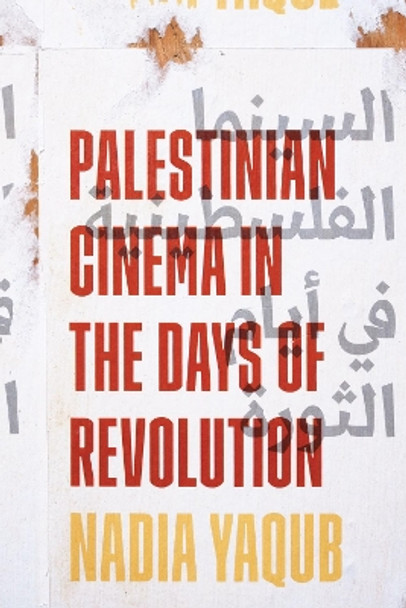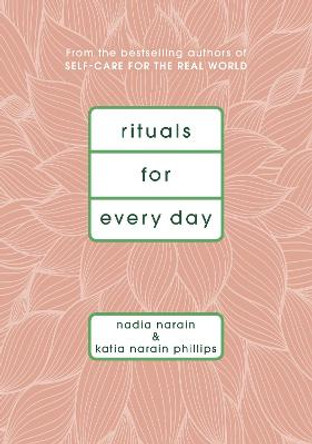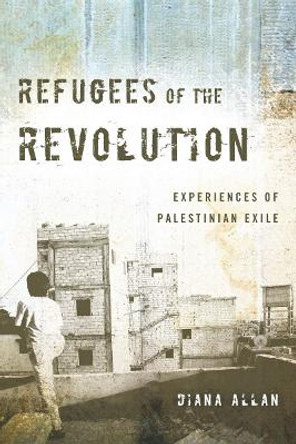Description
Palestinian cinema arose during the political cinema movements of the late 1960s and early 1970s, yet it was unique as an institutionalized, though modest, film effort within the national liberation campaign of a stateless people. Filmmakers working within the Palestinian Liberation Organization (PLO) and through other channels filmed the revolution as it unfolded, including the Israeli bombings of Palestinian refugee camps, the Jordanian and Lebanese civil wars, and Palestinian life under Israeli occupation, attempting to create a cinematic language consonant with the revolution and its needs. They experimented with form both to make effective use of limited material and to process violent events and loss as a means of sustaining active engagement in the Palestinian political project.
Palestinian Cinema in the Days of Revolution presents an in-depth study of films made between 1968 and 1982, the filmmakers and their practices, the political and cultural contexts in which the films were created and seen, and their afterlives among Palestinian refugees and young filmmakers in the twenty-first century. Nadia Yaqub discusses how early Palestinian cinema operated within emerging public-sector cinema industries in the Arab world, as well as through coproductions and solidarity networks. Her findings aid in understanding the development of alternative cinema in the Arab world. Yaqub also demonstrates that Palestinian filmmaking, as a cinema movement created and sustained under conditions of extraordinary precarity, offers important lessons on the nature and possibilities of political filmmaking more generally.
About the Author
Nadia Yaqub is an associate professor of Arabic language and culture and chair of the Department of Asian Studies at the University of North Carolina at Chapel Hill. She coedited Bad Girls of the Arab World with Rula Quawas.
Reviews
Yaqub's book helps to recover a period of revolutionary activity whose hopes and promises have been left unfulfilled. * Film Quarterly *
[Yaqub's] message of maintaining artistic archives at risk of marginalization (or worse, total extinction) should resonate with anyone who appreciates the crucial interconnections between film and cultural identity. * Film International Online *
Yaqub's is the first book devoted to this topic, certainly a reason in itself to welcome her study into the field of studies on Palestinian film...Yaqub does not exaggerate the quality of these films; nonetheless she sees past their limitations, exacerbated by the disappearance of so many of them, to their artistic and experimental merits and, most importantly, parses out their lasting importance for Palestinians today and for the present-day filmmakers who draw on them and draw inspiration from them. * Critical Inquiry *
[An] important, comprehensive study...[Palestinian Cinema in the Days of Revolution] opens a window to a luminous period of revolutionary production that, until now, has been largely inaccessible to English-language readers, and invites reengagement with these vital, visionary works in a moment where inspiration is urgently needed. * International Journal of Middle East Studies *
Palestinian Cinema in the Days of Revolution delves into the political dynamics of Palestinian film...One striking aspect of Yaqub's study is the importance of collective memory and oral history in the Palestinian context. * The New Arab *
[An] indispensable volume...Yaqub has gone to the painstaking effort to piece together what remains of these films, whether physically or simply from the memories of those who made them. Indeed, at a certain point it becomes difficult to see the author's effort to preserve an aspect of ever-threatened Palestinian history as different, or any less revolutionary, than the efforts of the film-makers she discusses in her book. * Al Jadid *
[Palestinian Cinema in the Days of Revolution] offers an extraordinarily well-researched, thorough, and nuanced historical account of a period of cultural production that is important to revisit today. Yaqub's approach has the great merit of examining Palestinian revolutionary cinema in its social context and on its own terms. At the same time, it admirably sets Palestinian filmmakers' goals in relation to militant cinemas addressing similar questions around the world. Thereby, her book addresses cinema of revolutionary times, exploring what it can tell us about filmmaking in the days of revolution past and to come, here and elsewhere. * Journal of Palestine Studies *
Book Information
ISBN 9781477315958
Author Nadia Yaqub
Format Hardback
Page Count 280
Imprint University of Texas Press
Publisher University of Texas Press
Weight(grams) 454g










